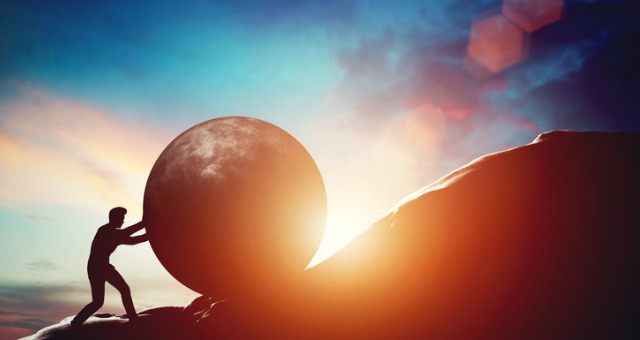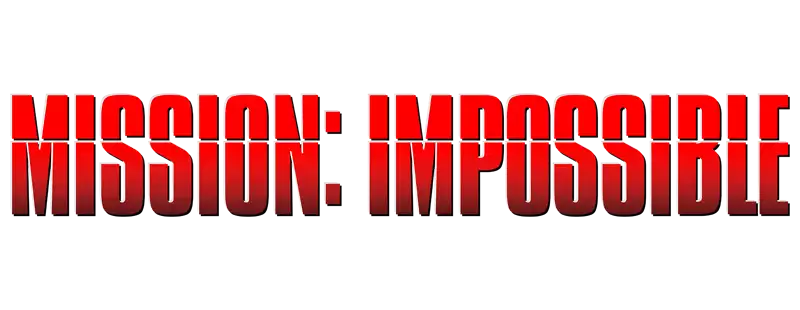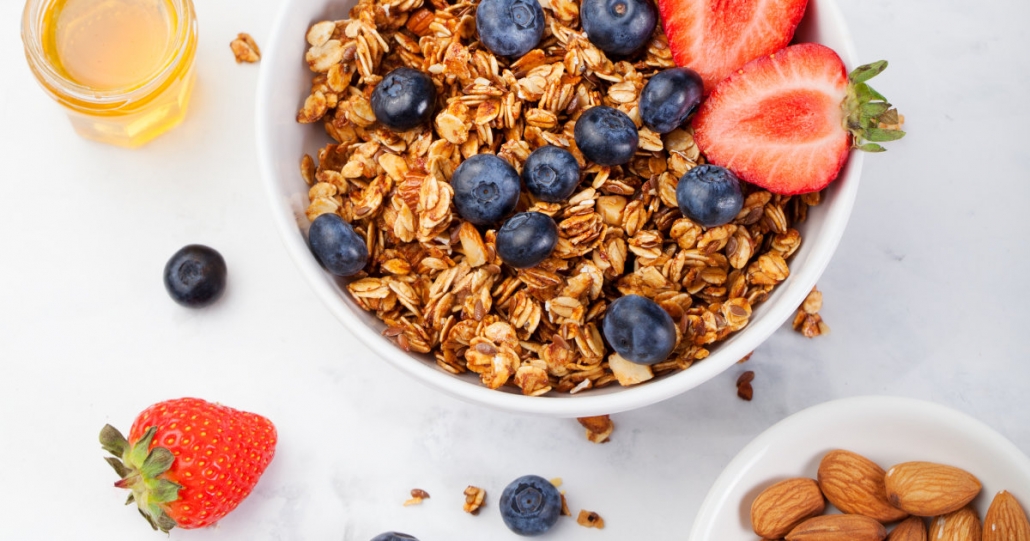
“How strong are you?” and “Show me your muscles!” were phrases asked and heard in my family growing up. Strength in my family equated with physical size and I was happy to oblige the larger and larger girth that showed my strength. In my family strength not only meant physical size, but it also meant that there were no problems. You see, you can’t be strong and have a difficulty. We were an idyllic family, or so I was told. We were a happy family, or so I was told. A happy family with depression, workaholism, obesity run rampant, rage as a daily occurrence, and sexual indiscretions abounding. One BIG happy family.
I was reflecting on what the “problem” was that no one was talking about. It couldn’t be addiction, after all, no one was abusing alcohol or doing drugs, so I was told over and over again, “there is no addiction here.” Yet, sugar, flour, and fat poured out of the kitchen and into our mouths with the vigor of an alcoholic searching for a necessary drink, or the drug addict jonesing for the next hit. No addiction to be seen here. No acknowledgment of the rageaholics, workaholics, food addicts, porn addictions, or the denial that covered it all. In fact, 12-step groups were disdained and made fun of in my family. No one dare admit to being an addict. We were an idyllic family after all, better than the rest in our community.
Why the taboo around problems and most of all around addiction? It was because we were all too “strong” to admit defeat. No one wanted to upset the precariously teetering apple cart, full to the brim with problems and deformed wheels with chunks taken out from the wear and tear of life. Vulnerability was seen as a weakness to be avoided at all costs. We were taught that if we were vulnerable others would take advantage of us in horrible ways, never mind the terrible ways in which we treated each other. We were an idyllic family after all.
Addiction abounded because they were the most effective coping strategy we had. They did the job of keeping us all alive. Thank you, God, for addiction. It saved me many a time. My physical strength or at least wide girth made the pain hurt less. Until one day, addiction was no longer a saving grace but a huge disgrace.
It has taken me years to learn that my strength is not in my physical size or in my ability to deny problems. My weakness is my greatest strength. Strength is risking to surrender my addictive substances and behaviors to my loving and merciful Higher Power. Strength is admitting my powerlessness and defeat. Strength is being vulnerable with myself, my Higher Power, and others. Vulnerability is strength, great strength. It takes much courage to be vulnerable. That vulnerability allows me to trust that my addictions are no longer taboo to me. They are what have given me new life. They have set me on a path to freedom. Free to see myself more clearly. Free to love my life. Free to love others. I no longer live in an idyllic family. When I am asked “How strong am I?” My answer is clear, “As strong as I am vulnerable.”
Lisa K





